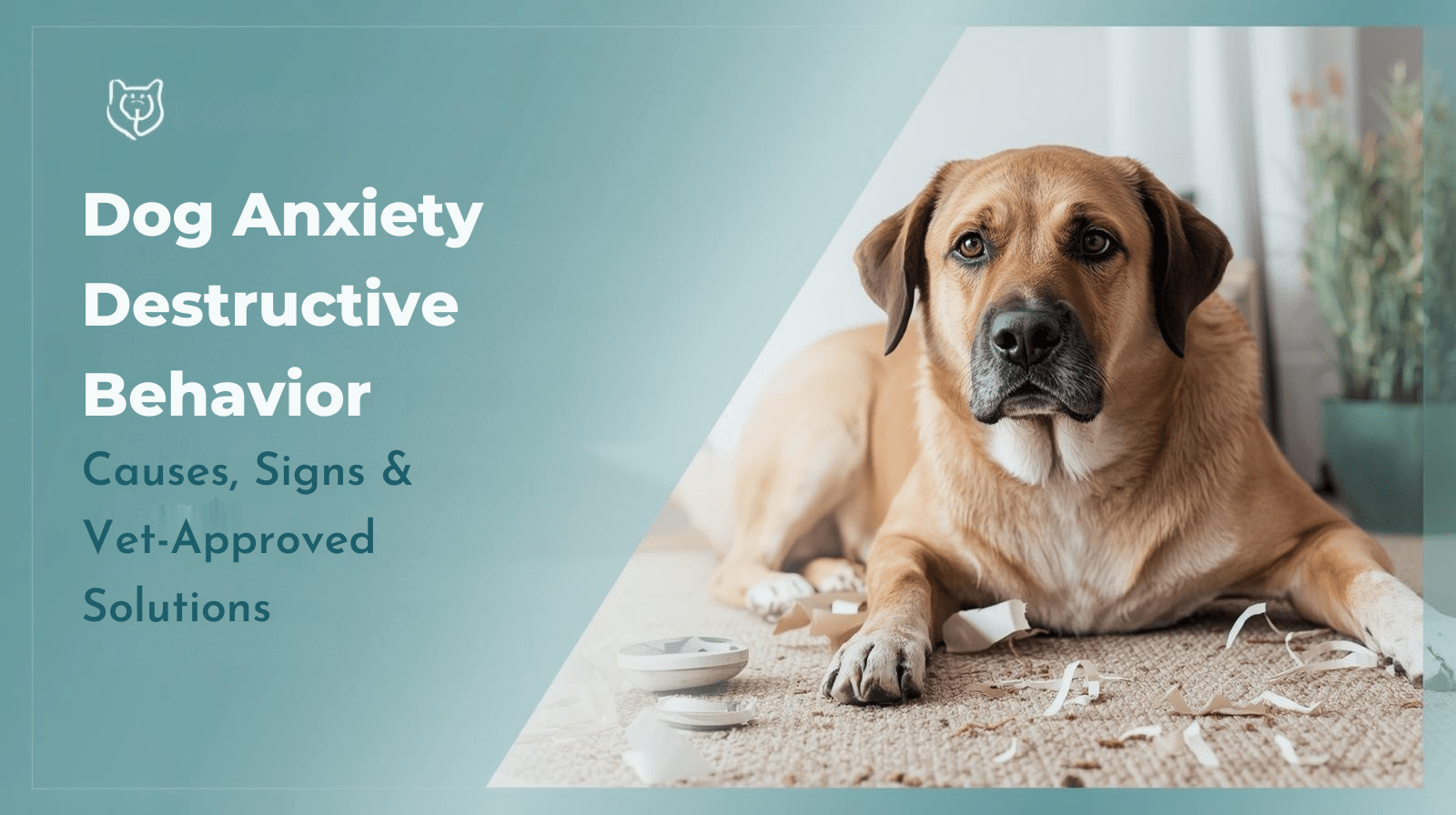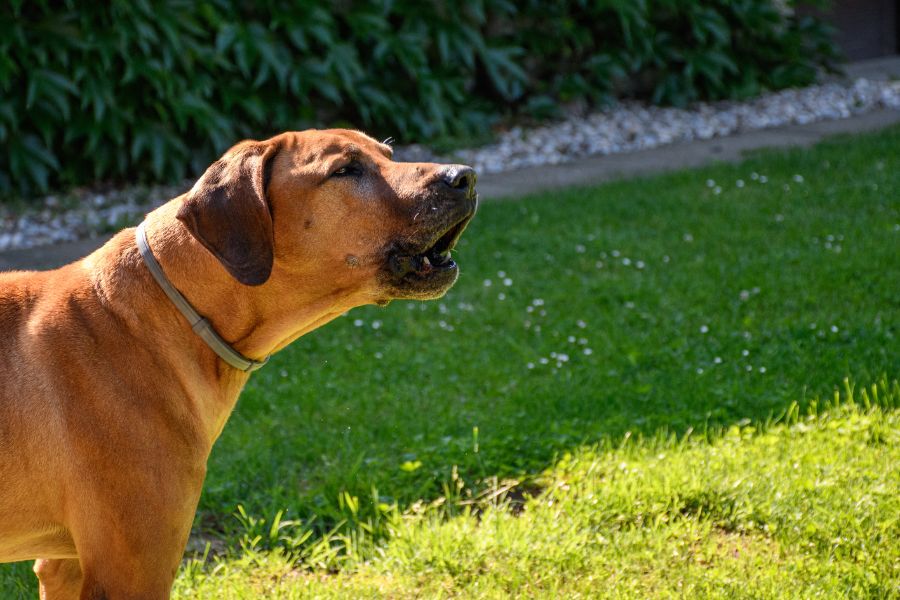Why K9 Cognitive Behavioral Therapy is Better for Your Dog


In today’s guest blog post, you’ll meet Billie Groom, the Founder of UPWARD Dogology; an expert in K9 Cognitive Behavioral Therapy for the past 30 years. Billie has helped thousands of dog parents, rescued dogs and organizations prevent unnecessary surrenders, re-homings or worse, euthanasia.
Keep reading to learn why YOUR dog, if he could, would ask to learn through CCBT!
Dog Training is Evolving

The landscape of teaching and communicating with our dogs is evolving right alongside the advancing science of how people really learn, feel and behave. Human Cognitive Behavioral Therapy (also known as CBT) reveals the relationship between one’s beliefs, thoughts, feelings and why humans behave the way they do. CBT is a more natural form of behavioral treatment which holistically changes thought patterns, problem-solving and decision-making and the actions/behaviors that follow.
These same principles and practices can be used with dogs – over the age of 6 months – to effectively prevent and address unwanted or negative K9 behaviors through K9 Cognitive Behavioral Therapy.
K9 Cognitive Behavioral Therapy: What is It?

Canine Cognitive Behavioral Therapy (or CCBT) is a scientifically-proven and evidence-based methodology that adheres to the principles and practices of human CBT and is designed for dogs over six months of age (the point at which K9 cognitive skills develop to a higher level).
The UPWARD Dogology formula offers a non-aversive alternative to determine which method is best for individual dogs at different stages in their lives.
As with humans, not all canines think and learn the same way!
The Cognitive Behavioral Therapy behind UPWARD Dogology, does not use aversive, harsh or negative techniques. The ONLY tool used is the dog’s brain, meeting him where he is at developmentally. The Canine CBT methodology is, above all, calm, logical, creative, flexible, adaptable, and most importantly, dog-approved!
Canine CBT and K9 Behaviors
The UPWARD Dogology methodology of CCBT prevents and addresses K9 behaviors:
- Common during adolescence.
- Associated with anxiety, fear, and aggression.
- Common with rescued and adopted dogs, and dogs with disadvantaged pasts
- Resulting from change in lifestyle or a specific incident.
The Principles of Canine CBT

CBT (again, not only for canines), changes perception, which in turn, changes behavior.
The application of CBT principles assumes dogs:
- Know right from wrong behavior and as such, is choosing the unwanted behavior.
- Understand their human is discouraging certain behaviors.
- Have preconceived thought patterns.
- Employ emotional intelligence to determine behavior.
- Do not feel there is a valid reason to change their behavior.
- Do not trust the alternatives, if they change their behavior based on reinforcements.
- Have employed cognitive skills to make decisions, often ones which have saved their lives.
The design and intention of Canine CBT makes it effective with dogs over six months of age whose behaviors are stemming from cognitive abilities and driven by emotional intelligence. To effectively work with these dogs, we need to harness – not suppress – their cognitive abilities.
For example, if a dog rips apart the garbage because she does not know it is wrong
to do that behavior, then non-aversive forms of operant conditioning can be
effective in teaching “right from wrong.” On the other hand, if the dog knows the behavior is wrong and is doing it in response to getting an “unacceptably short walk”, then Canine CBT is recommended.
Canine CBT Supports the Human-Canine Bond

Thankfully, the narrative of mainstream dog education is, finally, changing and progressing toward a more holistic, proactive approach, while recognizing the importance of creating a foundation that allows the human-canine bond to flourish.
Industry leaders are recognizing the need to address the reason for the behavior, as opposed to the behavior itself, while respecting the emotional intelligence of all animals. To effectively embody these mindsets and approaches, it is necessary to move beyond traditional dog training or conditioning methods and incorporate a methodology designed to embrace these mindsets for the ultimate benefit of dogs and those who love them.
To learn more about Canine CBT and UPWARD Dogology, subscribe and stay tuned for more blogs by our guest blogger, Billie Groom of UPWARD Dogology!
Look for Billie’s next blog to learn the irreplaceable benefits behind K9 Cognitive Behavioral Therapy!

Award-winning author, member of the Dog Writers Association of America, Animal Behavior Society and the Comparative Cognition Society, and a graduate of the University of Western Ontario (B.A.). Billie developed the UPWARD Dogology formula from working with thousands of dogs over 3 decades. Her clients include veterinarians, psychologists, animal experts, canine professionals, rescuers, fosters, adopters and first-time dog peeps.
In 2002, The Humane Society of Toronto awarded Billie for her work with challenging dogs and she has continued to develop her methodology over the decades through hands-on application.
Billie’s Mission: I am motivated to spread awareness of UPWARD Dogology because everyday I help people who are at their wits end. The most common response is, “Why is this methodology not “out there?” It grinds my gears me when I hear about dogs being put down because of behavioural problems which Conditioning Methods were unable to effectively address. C.B.T. needs to be a part of mainstream dog rearing, in addition to positive reinforcement training and other non-aversive Conditioning methods, to effectively address the needs of dogs of all ages, personality types and backgrounds.








